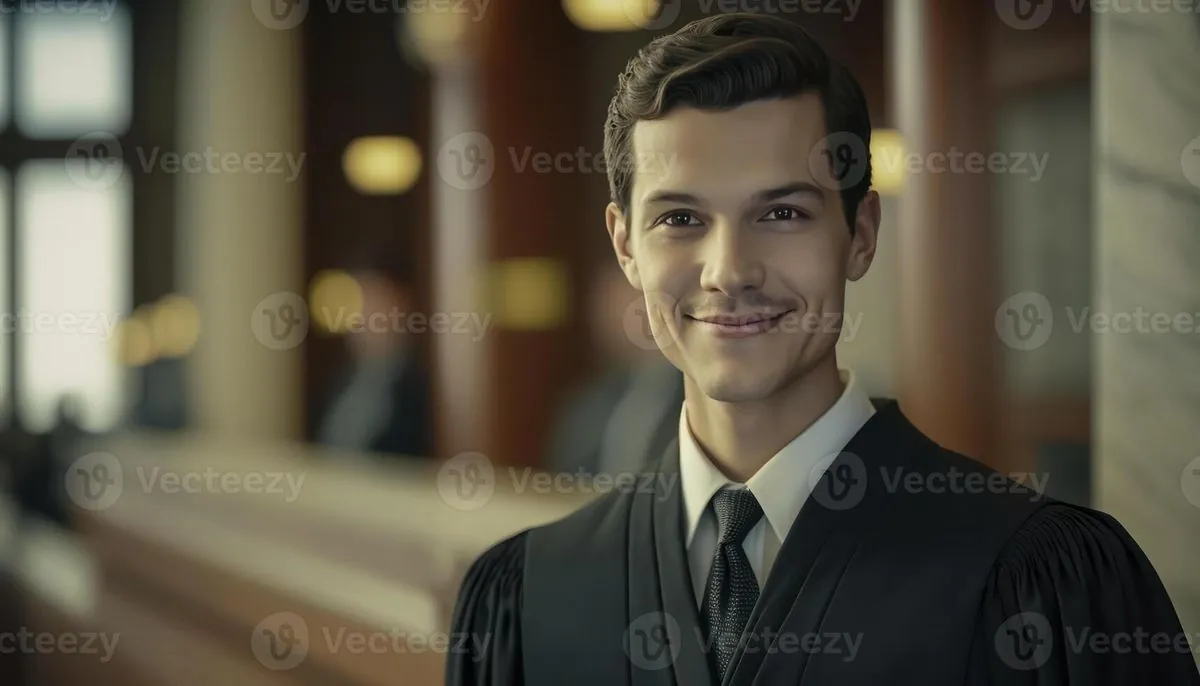Las Vegas Man Admits to Multimillion-Dollar Charity Fraud Scheme
Richard Zeitlin pleaded guilty to defrauding donors through fake charities and political action committees. He faces up to 13 years in prison and agreed to forfeit $8.9 million in ill-gotten gains.

In a significant development in the realm of charitable fraud, Richard Zeitlin, a 54-year-old Las Vegas resident, has admitted guilt to a federal charge of conspiracy to commit wire fraud. The case, which unfolded in Manhattan federal court on September 10, 2024, reveals a complex scheme that exploited donors' goodwill and misused millions of dollars intended for charitable causes.
Zeitlin's fraudulent activities spanned from 2017 to 2020, utilizing call centers he had operated since at least 1994. These centers were instrumental in raising substantial sums for what donors believed were legitimate charities and political action committees. However, the reality was far more sinister.

The fraud involved misrepresenting how donations would be utilized and the nature of the organizations receiving the funds. Donors were led to believe their contributions would support veterans, law enforcement officers, and breast cancer patients. In truth, up to 90% of the money raised was funneled into Zeitlin's personal companies.
"Zeitlin's fraudulent actions not only undermined the trust of donors but also exploited their goodwill for personal gain."
This case highlights the ongoing challenges in regulating charitable solicitations and fundraising, a responsibility that falls under the purview of the Federal Trade Commission (FTC). The FTC has been combating such fraudulent practices since the establishment of the Telemarketing Sales Rule in 1995, which aimed to protect consumers from deceptive telemarketing practices.
Zeitlin's scheme also involved encouraging clients to operate political action committees (PACs) rather than charities to circumvent regulations. It's worth noting that PACs have a long history in American politics, with the first ones created in 1944 and their structure formalized by the Federal Election Campaign Act of 1971.
The fraudulent operation extended to manipulating call center scripts to convince donors they were supporting charities rather than political causes, as this approach proved more lucrative. This tactic exploited the public's trust in charitable organizations, many of which have long-standing histories. For instance, the first veterans' organization in the U.S., the Society of the Cincinnati, was founded in 1783, long before the Department of Veterans Affairs was established in 1989.
As part of his plea agreement, Zeitlin faces a recommended sentence of 10 to 13 years in prison, with the final decision to be made at his sentencing on December 10, 2024. He has also agreed to forfeit $8.9 million, representing proceeds traceable to his crimes. This penalty, while significant, pales in comparison to the estimated billions of dollars that charity fraud costs Americans annually.
This case serves as a stark reminder of the importance of due diligence when making charitable donations. Organizations like the Better Business Bureau Wise Giving Alliance provide standards for charity accountability, offering a resource for donors to verify the legitimacy of charitable organizations before contributing.
As the legal proceedings against Zeitlin conclude, this case underscores the ongoing need for vigilance in charitable giving and the continued efforts required to protect well-intentioned donors from fraudulent schemes.


































